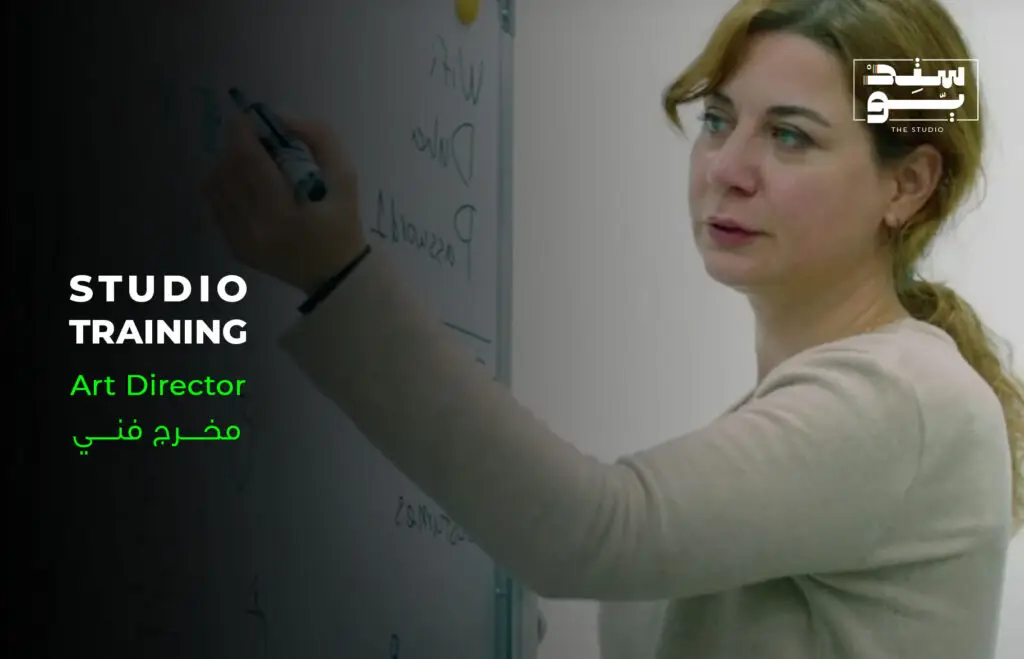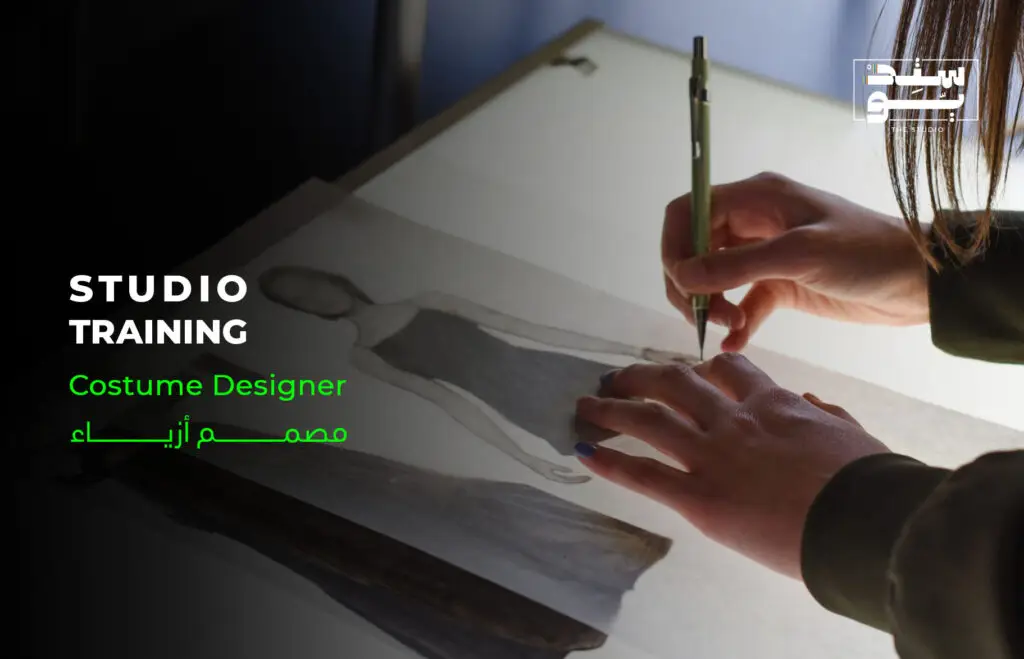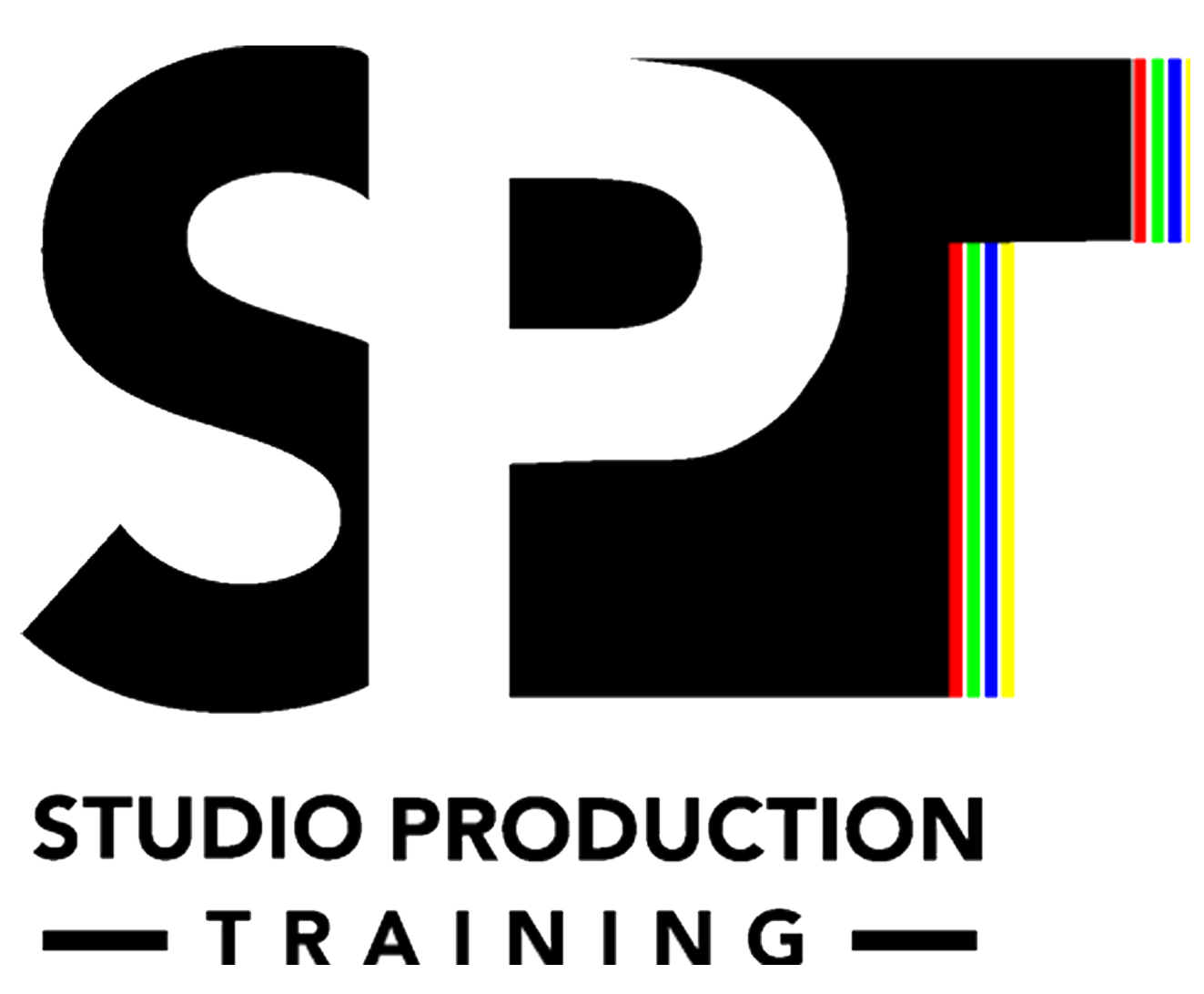ART DEPARTMENT
Trainees learn how to execute production design, create mood boards, sketches, wardrobe, model boxes, practice drafting, carpentry, and painting techniques.
Graduates are equipped with the industry-standard skills and confidence needed to pursue entry level job opportunities in the professional KSA film and television industry’s Art Department opportunities.



- Introduction to Art Direction: Understanding its importance in shaping a film’s visual identity and creating an immersive experience for the audience.
- Set Design and Construction:
- Conceptualizing and sketching set ideas.
- Working with construction teams to bring sketches to life.
- Ensuring set integrity and safety.
- Collaboration Dynamics:
- Working with the Director to understand the vision.
- Coordinating with the Director of Photography on lighting and framing considerations.
- Engaging with Costume Designers to ensure visual coherence.
- Understanding Script and Storyboarding: Translating script elements into visual concepts and ensuring alignment with storyboards.
- Location Scouting and Management:
- Evaluating potential filming locations.
- Adapting natural environments to fit the story’s needs.
- Props Design and Management:
- Conceptualizing, sourcing, or creating props that fit the narrative.
- Working with props masters and ensuring on-set availability.
- Color Theory in Filmmaking: Using color palettes to influence mood, emphasize themes, and enhance storytelling.
- Budget Management:
- Allocating and managing the art department’s budget.
- Making cost-effective decisions without compromising visual quality.
- Technology in Art Direction:
- Introduction to digital tools for design.
- Collaborating with the VFX team for scenes requiring visual effects integration.
- On-Set Problem Solving:
- Handling unexpected challenges and making real-time decisions to keep production on track.
- Post-Production Collaboration:
- Working with the post-production team to ensure the visual continuity and coherence of the final product.
- Storytelling Through Costumes.
- Collaboration: Costume Designer vs. Director of Photography.
- Role of the Costume Designer in Film Production.
- Responsibilities and Scope of the Costume Designer.
- Positioning the Costume Designer within the Production Hierarchy.
- Budgeting for Wardrobe: Balancing Economy with Quality.
- Repurposing and Reusing Wardrobe Elements.
- Craftsmanship in Costume Creation.
- Citizenship: Must be a Saudi citizen or hold a valid residency permit.
- Age: Must be 18 years or older.
- Experience Level: Must be a beginner.
- Educational/Professional Background: Preference for those with educational certificates or basic experience in areas such as fashion design, interior design, arts, etc.
- Film Industry Experience: Not mandatory.
- Learning Attitude: An evident desire to learn. Enthusiastic individuals ready to acquire new skills are highly preferred, regardless of their current knowledge of the film industry.
- Career Mindset: Should be prepared to embark on their professional journey in the film industry as beginners, understanding the potential shift in their career path.
– Submission of required documents must be timely
– Active participation and interaction during training
– The SPT administration may request additional information for verifying participant data or participation details
– The administration reserves the right to exclude or stop a participant’s training for any reason, including terms violation, illegal actions, or harmful behavior
– SPT management has the right to publish select information, images, or videos from the program for promotional purposes
– Participant’s personal information will not be disclosed except in response to legal claims by competent government agencies
– Any changes to the program or terms will be communicated via the official website, social media, or email
– SPT management reserves the right to cancel, extend or modify the program or its terms without prior notice, subject to approval by those in charge
– Participants must acknowledge their agreement with the terms and conditions prior to enrollment
– Participants must not share training information on their websites without prior SPT management approval
– Unauthorized copying or distribution of training content is strictly prohibited
– Participants must commit sufficient time to attend the training program and meet all requirements in a timely manner
– SPT management reserves the right to withhold participant nominations to film industry companies for non-compliance with training program commitments
– Program management retains all submitted files, either within the application form or sent via email
– By participating, the individual grants program management the right to publish appropriate entries on the program website or any other media for promotional activities
– SPT retains the ownership rights of all projects that the participant worked on, including documents, visual, and media materials produced during the training
– Participation must not infracat any international or local rights, laws, or provisions
– Program management is not responsible for any losses or damages incurred from participation
– Responsibility is not assumed for inaccuracies or false information provided
– Legal consequences resulting from a participant’s violation of any local or international law are solely the responsibility of the participant
– Any disputes arising will be settled in accordance with laws and procedures in force in the Kingdom of Saudi Arabia
